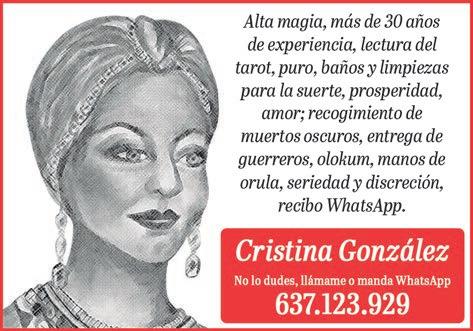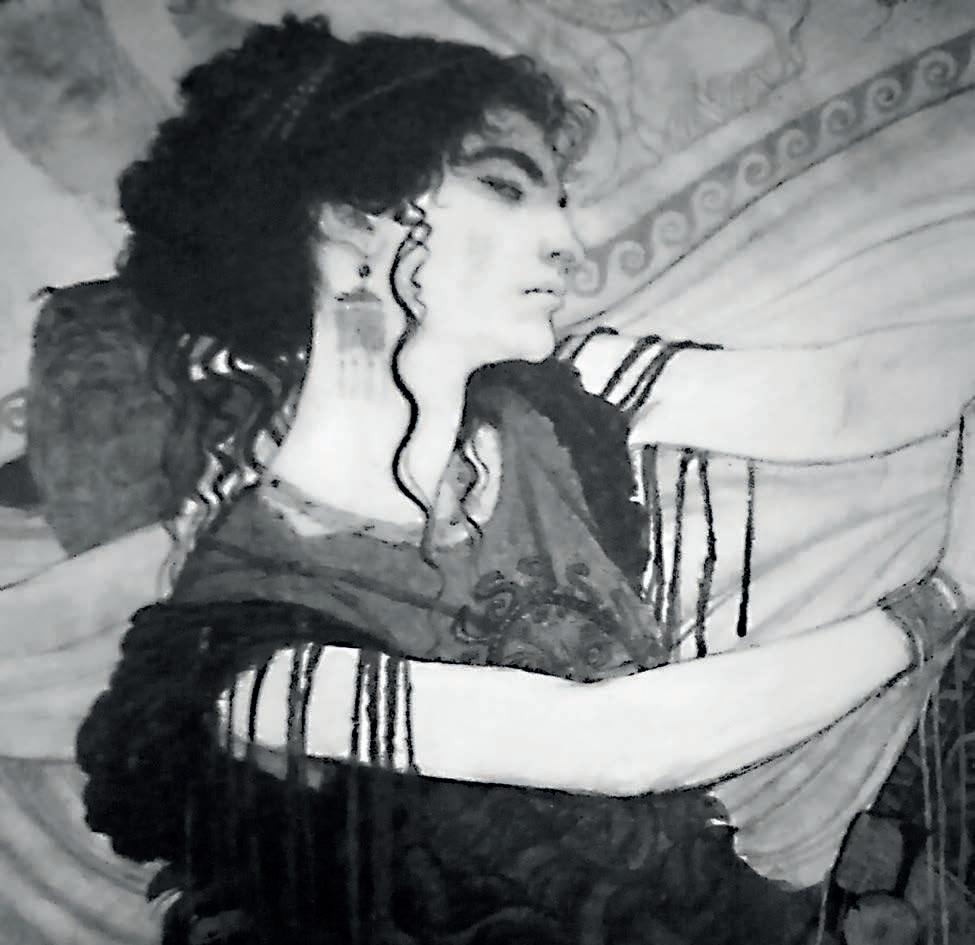
2 minute read
Warum steht das Wort “Matria” nicht im Wörterbuch der der Royal Spanish Academy (RAE) nicht?
Lidia Chacón Vera
Im Jahr 2020 erreichte eine Kunststudentin, dass die Hochschule, an der sie studierte, ihr erlaubte, bei ihre Abschlussprüfungdie Eidformel„la matria y mi honor“ (das Mutterland und meine Ehre) zu schwören, anstatt dem üblichen„la patria y mi honor“ (das Vaterland und meine Ehre). Das ist ein Wort, das es offiziell nicht gibt. MATRIA kommt und geht und taucht im Laufe der Geschichte in den Mündern vieler Menschen auf. Die Idee, dieses Gefühl mit dem Weiblichen in Verbindung zu bringen, stammt aus dem alten Griechenland, wo die Menschen von der Erde als Mutter sprachen, was mit Fruchtbarkeit und Fürsorge zu tun hatte. Matria steht nicht im Wörterbuch der RAE (Königliche Akademie Spaniens). Das könnte daran liegen, dass eine Handvoll Philologen, die nicht sehr viele sind und zumeist Männer, darüber entscheiden, welche Wörter im Wörterbuch der RAE stehen. Einer von ihnen, an dessen Namen ich mich nicht erinnern möchte, sagte: Leute, die Matria sagen, machen ein Wortspiel, sie ersetzen einfach das m durch das p, sie spielen mehr mit den Bedeutungen als mit dem Wort an sich. Und Blah, Blah, Blah.
Advertisement
Aber auch Miguel de Unamuno, Edgar Nahum und die Philosophin María Zambrano verwendeten den Begriff Anfang des XX.. Jahrhunderts. Und María Zambrano sagte: „Ja, ich habe meinen Vater verloren, ich habe mein Vaterland verloren, aber ich habe mein Mutterland behalten“.
Deshalb steht das Wort, obwohl es nicht im Wörterbuch der Königlichen RAE vorkommt, immer noch für die Mutter, die Natur, das Ganze. Und weil das Wort Matria alle Beteiligten gleich behandelt und schützt und niemanden diskriminiert, vor allem nicht die Frauen, haben wir es verdient. Matria, wir lieben es, es klingt gut!
Why the word “matria” (motherland) doesn’t exist at the Royal Spanish Academy?
Lidia Chacón Vera
In 2020, a university art student managed to get the authorisation to swear her title on “the matria (motherland) and her honour” instead of the standard “the patria (fatherland) and her honour”. In fact, the word “matria” doesn’t exist officially.
The word MATRIA has appeared here and there in the mouth of many people throughout history. The idea of associating the feeling with femininity dates back to Ancient Greece, when they talked about the earth as a mother, with the connotations of fertility and care.

Matria doesn’t exist at the Royal Spanish Academy, probably because a handful of philologists, not that many, and mostly men, decided on the words of the Royal Spanish Academy; one in particular, whose name I do not wish to remember, said: People who state “Matria” are playing on words, by simply substituting the m for the p, they are playing more with the meanings than with the strict conformity of the words. And blah, blah, blah.
But Miguel de Unamuno, Edgar Nahum and the philosopher María Zambrano also used the word at the beginning of the century. María Zambrano said: “Yes, I lost my father, I lost the patria (fatherland), but I still had the matria (motherland)”.
This is why, although the word doesn’t exist at the Royal Spanish Academy, we still know mother-natureeverything. Indeed, the word “matria” (motherland) cares for and treats all parties equally, without discriminating against anyone, especially women, on the contrary, it makes us deserve it. Matria, we love her, and it even sounds nice!









